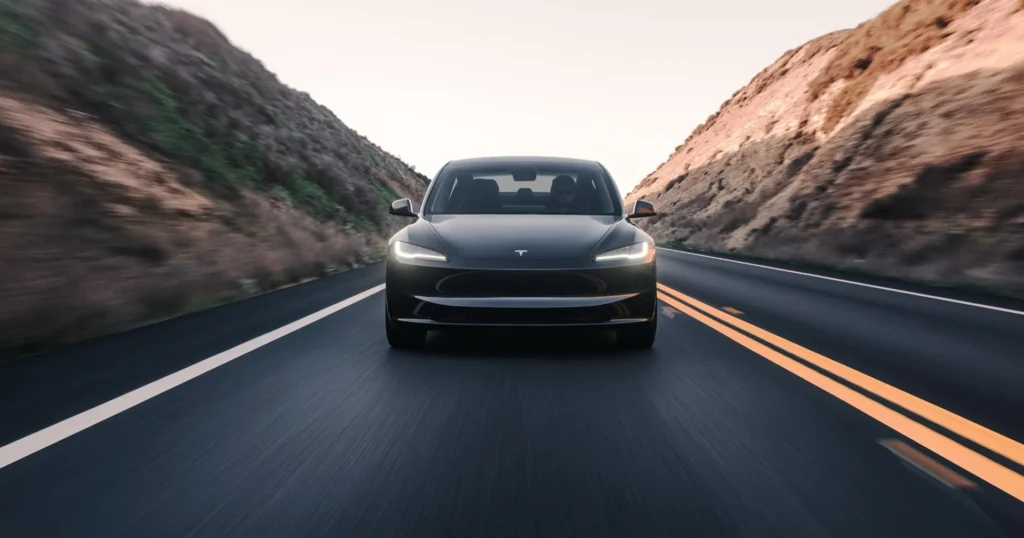- Trump can’t end EV tax credit; Congress can
- Proposed bill would end new EV, used EV, and commercial EV credits
- EV leasing loophole goes away with commercial credit (45W)
- Up-front federal EV tax of $1,000 proposed in addition to state EV surcharges
President Trump’s recent executive actions on EVs may be bold, but they do not directly impact the $7,500 EV tax credit or access to affordable EV leases for consumers. Congress holds the power to make changes in this area, and recent bills introduced suggest that changes may be on the horizon.
Senator John Barrasso and a group of 14 Republican senators have co-sponsored a bill that could potentially eliminate the EV tax credit. If approved by Congress, this legislation could take effect within 30 days of enactment, causing concern for automakers like GM and Ford who prefer a gradual phaseout of the credit.

2025 Ford F-150 Lightning
The EV tax credit comprises three different credits aimed at making EVs more affordable, including credits for new EVs, used EVs, and commercial fleet EVs. The proposed legislation also addresses the controversial “leasing loophole” that allowed automakers to offer attractive lease prices on EVs.
While the EV tax credit has helped make EVs more affordable for buyers, recent changes have limited eligibility based on income and vehicle criteria. The credit has also transitioned to a point-of-sale rebate starting in 2024.
The bill has garnered support from the oil industry, with advocates arguing that EVs should compete on a level playing field without government subsidies. In contrast, a companion bill proposes a $1,000 tax on EVs at the point of sale to offset gas tax revenues.

2025 BMW iX
Despite these proposed changes, the debate over how to fairly tax EVs for road use continues, with different states implementing varying premiums on EV ownership. The focus remains on finding a solution that accounts for actual EV usage patterns.

2024 GMC Hummer EV

